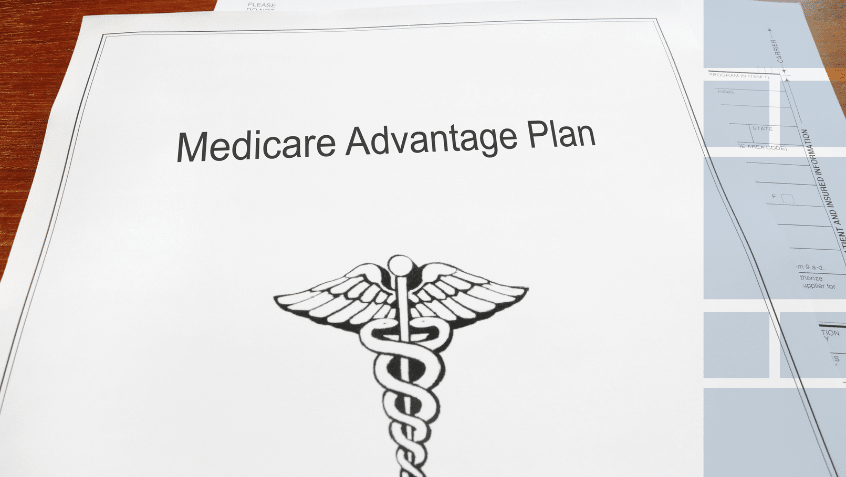The common idea that business expenses are deductible while personal expenses are not is an oversimplification. In reality, the tax rules are more nuanced.
Some personal expenses are deductible, and the line between personal and business expenses is often blurry. This complexity is further compounded by the fact that many businesses, particularly small ones, fail to properly segregate personal and business expenses, often commingling them in shared bank accounts.
This commingling practice frequently leads to disputes with the IRS, even over expenses that are clearly business-related. In fact, such disputes are among the most common tax issues that taxpayers face with the IRS.
The IRS administrative system is specifically structured to address these types of cases and to sort out what is often best described as a mess. The recent case of Henry v. Commissioner, T.C. Memo. 2024-3, provides an opportunity to consider how the tax system handles tax deductions when there are few or inadequate records.
Facts & Procedural History
The taxpayers in this case owned and operated several businesses providing tax and financial services to clients. Notably, the taxpayer-wife apparently advised clients on strategies to deduct personal expenses as if they were business expenses.
For the tax years 2011 through 2014, the taxpayers did not file tax returns. This led the IRS to prepare substitute for returns (“SFRs”). Subsequently, the taxpayers filed their returns, which the IRS then audited.
The IRS audit disclosed that the taxpayers failed to maintain adequate records and commingled their personal and business expenses. Through a bank deposit analysis, the IRS determined that the taxpayers owed over $1.7 million in taxes. Additional assessments included penalties for failure to file, fraudulent failure to file, and failure to pay estimated income tax.
After the IRS issued Notices of Deficiency, the taxpayers filed a timely petition with the U.S. Tax Court, setting the stage for litigation.
The Tax Deduction Framework
To understand how the IRS evaluates tax deductions during audits, especially when records are inadequate, we have to start with the tax deduction rules.
The tax code contains various provisions distinguishing between personal and business expenses, along with rules allowing and disallowing deductions. While these rules may seem chaotic at first glance, there is a method to the apparent madness.
Business Expenses
The general rule for business expenses is found in Section 162 of the tax code. Section 162(a) allows deductions for “ordinary and necessary expenses paid or incurred during the taxable year in carrying on any trade or business.” This provision serves as a broad authorization for tax deductions, but allows outs for expenses that are not ordinary, necessary, or paid.
Beyond this general rule, several specific provisions allow for particular business expenses. These sections typically add limitations to the amount allowable for specific types of business expenses. Common examples include:
These provisions target specific types of expenses with more nuanced rules, often including detailed definitions and limitations to govern the deductions.
Personal Expenses
On the flip side, Section 262 generally prohibits deductions for “personal, living, or family expenses” unless specifically allowed by the code. This rule acts as a counterpart to Section 162, but instead of granting deductions, it restricts them.
The code then includes several provisions that allow deductions for specific personal expenses. Unlike the business expense provisions, these rules permit deductions for expenses that would otherwise be non-deductible. They also stipulate conditions for the expenses to qualify. Common examples include:
These are just a few examples.
Limitation Rules
Adding another layer of complexity, the tax code includes various rules that restrict or eliminate otherwise allowable deductions. Some common examples of these limitation rules include:
Section 274(n): Limiting business meal deductions
Section 280E: Prohibiting deductions for businesses trafficking controlled substances
Section 162(m): Limiting deductions for executive compensation
Section 280A: Restricting home office deductions
Section 267: Disallowing losses between related parties
Section 274(a): Disallowing entertainment expense deductions
Section 280F: Limiting luxury auto depreciation deductions
Section 162(f): Disallowing deductions for government fines or penalties
These provisions target more specific scenarios where Congress sought to limit deductions for various policy reasons.
Separating Expenses on Audit
When auditing a taxpayer with inadequate records and commingled personal and business expenses, IRS auditors typically employ a straightforward approach. They review bank statements and credit card records to trace the nature of transactions, identifying spending patterns and determining whether expenses are primarily personal or business-related.
Often, the IRS auditors will stop at this point. They may disallow expenses if any tax law limitations apply or if personal and business expenses are commingled, concluding that the taxpayer isn’t entitled to any deductions. This approach shifts the burden of proof to the taxpayer to substantiate that the expenses are deductible personal expenses, the amount of the expenses, and that the expenses were actually paid.
This process effectively puts the responsibility of performing the IRS audit on taxpayers. They must identify, gather records, and reconcile numbers for the IRS auditors. Taxpayers usually undertake this exercise as part of the audit process. They may also compare their claimed expenses to industry standards or similar businesses to demonstrate consistency and reasonableness, create travel and mileage logs, etc., arguing that the deductions should be allowed.
Narrowing the Disputed Items
As the process moves from the initial audit to appeals and potentially litigation, the amount and number of disputed tax deductions typically decrease. The auditor may accept some deductions, the appeals officer may allow a few more, and the IRS attorney might concede additional items. Conversely, the taxpayer may also abandon certain deduction claims along the way.
By the time a case reaches the tax court, often only a handful of tax deductions remain in dispute. This pattern is evident in the Henry case, where it appears that many disputed issues were resolved through last-minute concessions by the IRS attorney just before the trial.
The tax court then only has to consider a few categories of tax deductions. That is exactly what it did in the Henry case. It was able to get the types of deductions to just these categories:
Merchant banking fees
Bank service fees
Savvy Bill Pay remittances
Office rent and home office expenses
Advertising and web hosting costs
Travel, meals, and entertainment expenses
Cell phone and landline expenses
Casual labor payments
By narrowing the focus to these specific categories, the tax court can analyze and rule on just these disputed deductions. This process of winnowing down the issues is typical in tax litigation and allows for a more targeted and manageable review of even the most complex and messy cases.
Takeaway
This case shows how the IRS applies the tax deduction rules and how the IRS administrative process works. It highlights the risks of commingling personal and business expenses and the challenges taxpayers face when trying to substantiate deductions without adequate documentation. The case also demonstrates the iterative nature of tax disputes, where the scope of disagreement often narrows as the case progresses through various stages of review. Ultimately, it underscores the need for taxpayers, especially small business owners, to maintain clear separation between personal and business finances and to keep thorough, well-organized records to support their tax positions.
Watch Our Free On-Demand Webinar
In 40 minutes, we’ll teach you how to survive an IRS audit.
We’ll explain how the IRS conducts audits and how to manage and close the audit.





























